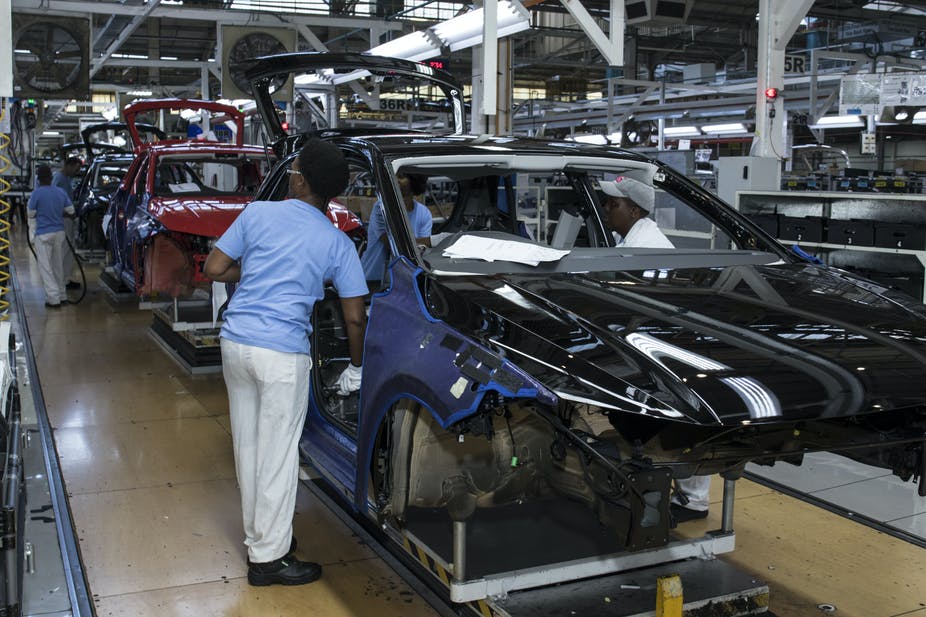A fresh wave of concern is gripping global manufacturers as importers of critical rare earth magnets consider invoking the ‘force majeure’ clause in their contracts. This response comes in the wake of tightening export restrictions and increasing geopolitical tensions, particularly involving China, the world’s dominant supplier of rare earth materials.
Industries dependent on rare earth magnets — such as electric vehicles (EVs), wind turbines, defense systems, and electronics — are now navigating turbulent supply disruptions that could reshape global sourcing strategies.
What Is ‘Force Majeure’?
‘Force majeure’ is a contractual clause that allows a party to suspend or terminate obligations due to extraordinary events beyond their control, such as wars, natural disasters, or government restrictions. In this case, importers are citing supply chain disruptions caused by export controls or bans.
What Triggered This Move?
The trigger stems from:
-
China’s strategic curbs on exporting rare earth permanent magnets, especially neodymium (NdFeB) magnets.
-
Geopolitical friction and rising tensions between China, the US, and allied nations.
-
Concerns over monopoly control as China accounts for over 90% of global rare earth magnet production.
-
Supply volatility has delayed shipments and escalated costs, prompting buyers to assess contract clauses for legal relief.
Industries Affected
-
Electric Vehicle (EV) Manufacturers
-
Rare earth magnets are used in traction motors. Automakers like Tesla, Toyota, and BYD face potential production slowdowns.
-
-
Renewable Energy Sector
-
Wind turbines rely on rare earth magnets for efficiency. Supply disruptions threaten clean energy deployment timelines.
-
-
Defense and Aerospace
-
Guidance systems, radars, and advanced weaponry require high-performance magnets, making this a national security issue.
-
-
Consumer Electronics
-
Smartphones, headphones, and hard drives depend on rare earths, with production and pricing now under threat.
-
Legal and Economic Ramifications
If force majeure is invoked widely:
-
Contract defaults may rise, leading to legal disputes and arbitrations.
-
OEMs (Original Equipment Manufacturers) may shift suppliers or redesign products to avoid reliance on rare earths.
-
Insurance claims could be triggered, impacting cargo and trade credit insurers.
-
It may prompt governments to review trade policies and build rare earth reserves or domestic capacity.
India’s Position
India, which has substantial rare earth reserves, could seize this opportunity to:
-
Attract global investments in magnet manufacturing.
-
Enhance processing capabilities under Make in India and PLI schemes.
-
Collaborate with countries like Australia, the US, and Japan to establish secure rare earth supply chains.
However, India still lacks advanced magnet-making infrastructure and requires technology partnerships and capital investment.
Global Response and Future Outlook
To counter this crisis, countries are:
-
Diversifying suppliers — including exploring sources in Australia, Vietnam, and the US.
-
Investing in recycling and alternative magnet technologies.
-
Accelerating R&D in magnet-free motor systems and ceramic-based substitutes.
Nonetheless, short-term volatility is expected to persist due to the time-intensive nature of building alternate supply chains.

